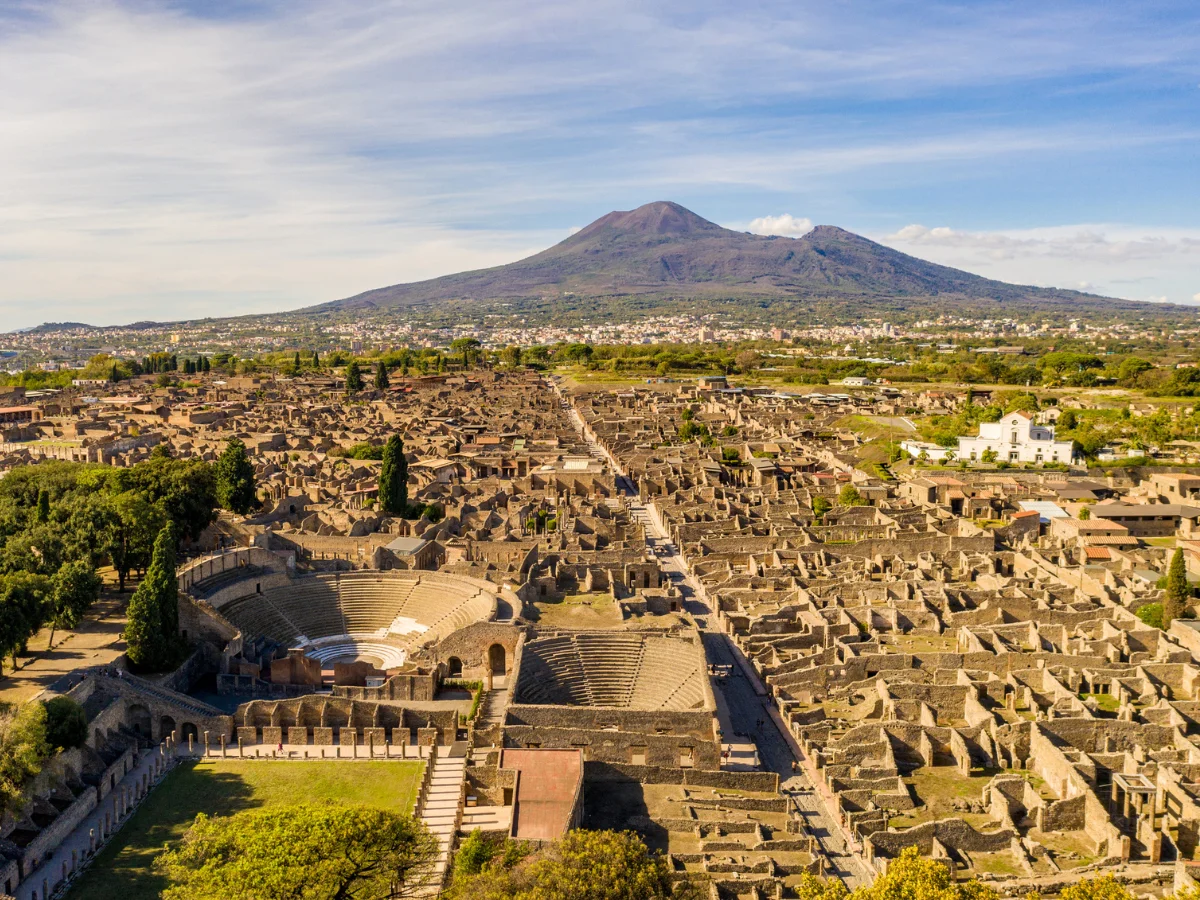Numa Pompilius was the second king of Rome
Numa Pompilius was the second king of Rome and established laws, reformed religion, and fostered diplomacy, shaping Rome’s early identity. Transitioning from monarchy to republic, subsequent leaders built upon his legacy. Numa’s calendar and religious institutions endured, influencing Rome’s culture. His reign emphasized harmony and stability, setting the stage for Rome’s future greatness.

Numa Pompilius was the second king of Rome
Numa Pompilius, Rome’s second king, lives in Romulus’s shadow. Yet, he reshaped Rome with profound religious reforms and vital institutions, cementing the city’s path to civilization. His reign planted the seeds of Rome’s future greatness.
Early Life and Ascension
Numa Pompilius hailed from the Sabines and was chosen as the successor to Romulus after his mysterious death. His peaceful demeanor and reputation for wisdom endeared him to the Roman people, who sought stability after the tumultuous founding years of the city.
Religious Reforms
Numa’s reign was characterized by a deep reverence for the gods and a commitment to religious piety. He is credited with the establishment of numerous religious rites and festivals, including the Vestal Virgins, who tended the sacred flame of Vesta, and the temple of Janus, which symbolized peace and war.
The Numa Pompilius Calendar
One of Numa’s most enduring legacies is the creation of the Roman calendar, which he reformed to synchronize it with the lunar year. This calendar consisted of 12 lunar months and introduced the concept of intercalation to adjust for the misalignment between the lunar and solar cycles.
The Cult of Janus
Numa elevated Janus, the god of beginnings and transitions, to a position of prominence in the Roman pantheon. The opening and closing of the temple of Janus became associated with war and peace, respectively, symbolizing Numa’s commitment to diplomacy and the avoidance of conflict.
Civil and Legal Reforms
In addition to his religious initiatives, Numa implemented various civil and legal reforms aimed at promoting justice and social harmony. He established the office of the Pontifex Maximus to oversee religious matters and introduced the concept of auspices, or divine omens, to guide decision-making.
The Sabine Influence
As a Sabine, Numa brought elements of his native culture to Rome, tempering the martial ethos of the early Romans with a more peaceful and agrarian outlook. His emphasis on agriculture and rural deities reflected the pastoral origins of the Sabine people.
Numa’s Legacy
Despite the brevity of his reign, Numa Pompilius left an indelible mark on Roman society. His religious reforms provided a moral and spiritual framework that endured for centuries, shaping the character of the Roman people and influencing subsequent generations of leaders.
Conclusion
In Roman history, Numa Pompilius embodies governance’s piety and wisdom. His reign marked the shift from Romulus’s martial strength to a king’s spiritual leadership, uniting people through faith and tradition. Numa’s legacy resonates as a model for enlightened rule.



